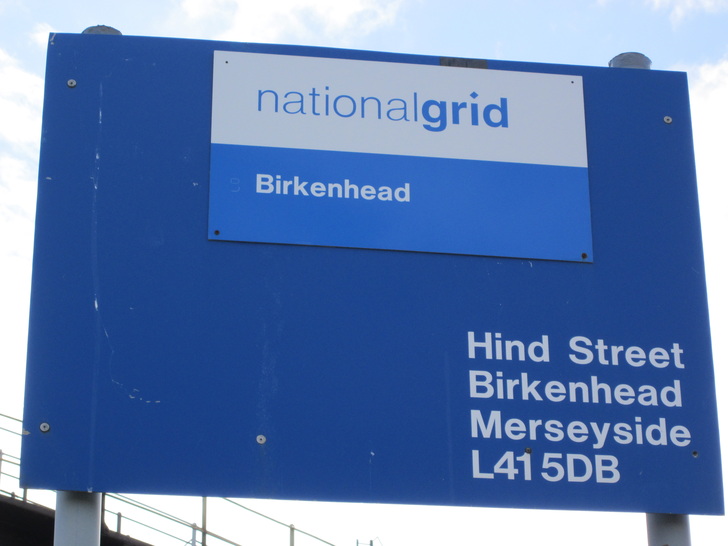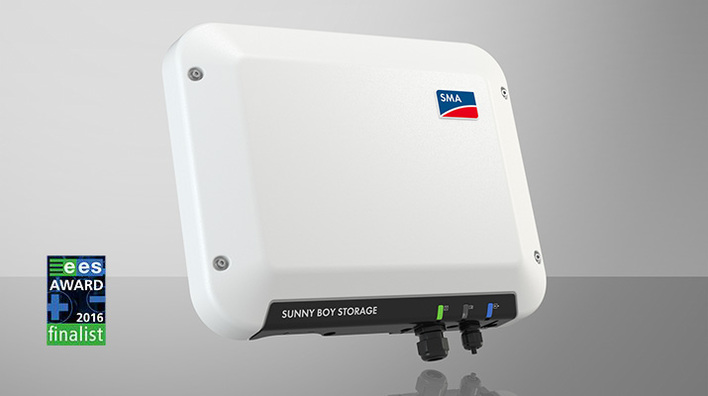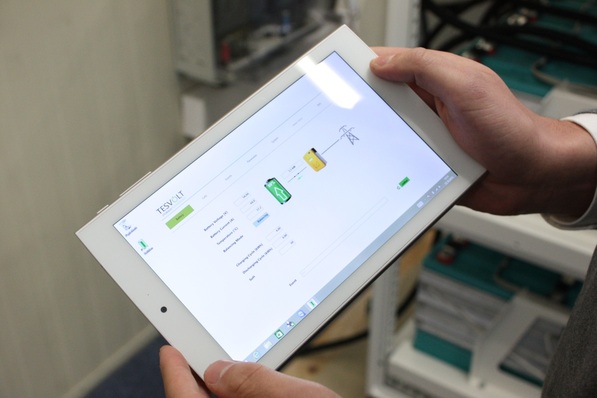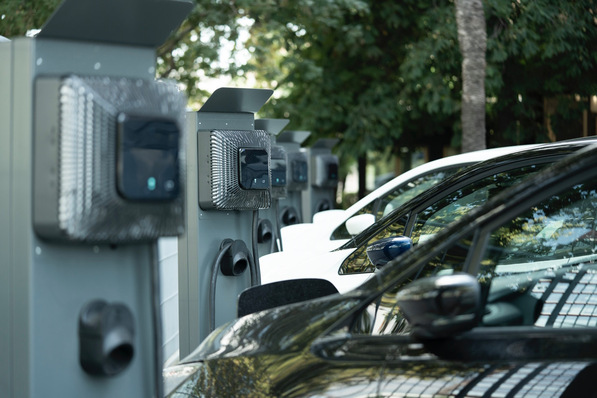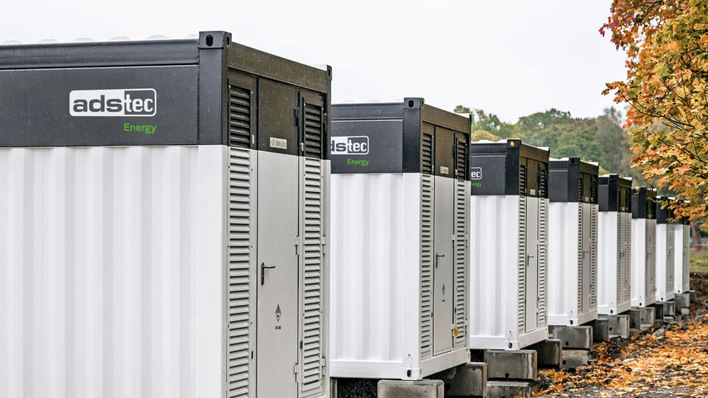Solar project developers in Great Britain feel the need to diversify their activities due to the fading out of renewable support schemes. Therefore, the invitation to tender for the provision of 200 MW of a new ancillary service launched recently by National Grid is perceived by many of them as an opportunity: to enter an emerging market for energy storage.
Emerging revenue streams
The study “Market Segment Watch: Great Britain” by Clean Horizon analyses the different revenue streams associated with the various applications for energy storage assets in GB: From residential batteries, to grid scale projects providing power and energy services (such as frequency regulation or balancing mechanism participation) through medium size energy storage systems for commercial and industrial electricity consumers. “This survey confirms our intuition that energy storage is bound to play a major role for renewable integration in Great Britain” says Michael Salomon, CEO of Clean Horizon.
Preferred application frequency regulation
Clean Horizon interviewed more than 15 project developers, plus some key distributed network operators to better understand the difficulties faced in the development of such energy storage projects. These interviews show trends within the market. For instance, frequency regulation is the preferred application for 52% of the project developers interviewed, then comes Triad avoidance with 16% of interests. Based on the market research, the report gives recommendations to various stakeholders such as technology vendors, integrators and solar developers.
Medium-scale market developing
This market study first points out that the two extremes of the ladder, residential and grid scale energy storage systems, have already developed in GB. Some early adopters buy storage solutions at the residential level and the Enhanced Frequency Response tender is very likely to provide a favourable business case for large-scale storage. The medium-scale market is influenced by two progressive changes: First, the number of consumers being exposed to specific distribution and transmission charges is set to increase in the coming year due to the electricity settlement reform launched. Second, the transmission charges will increase of 15% on average each year until 2020. Those two factors lead Clean Horizon to think that the commercial and industrial segment will be the next one to adopt energy storage massively. (HCN)

